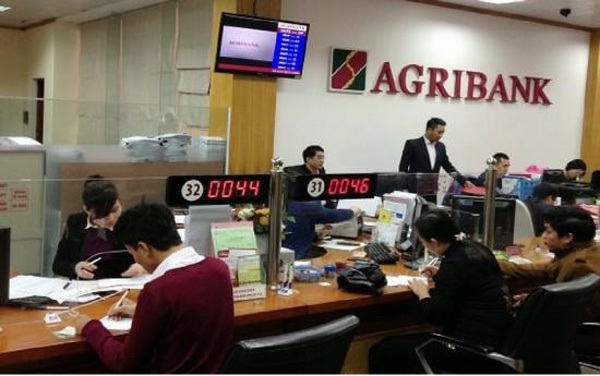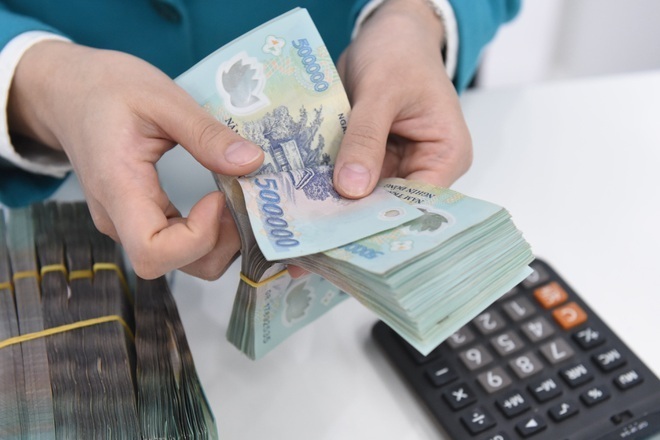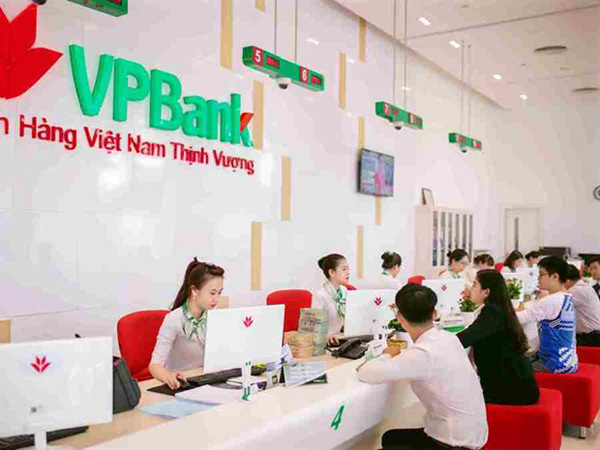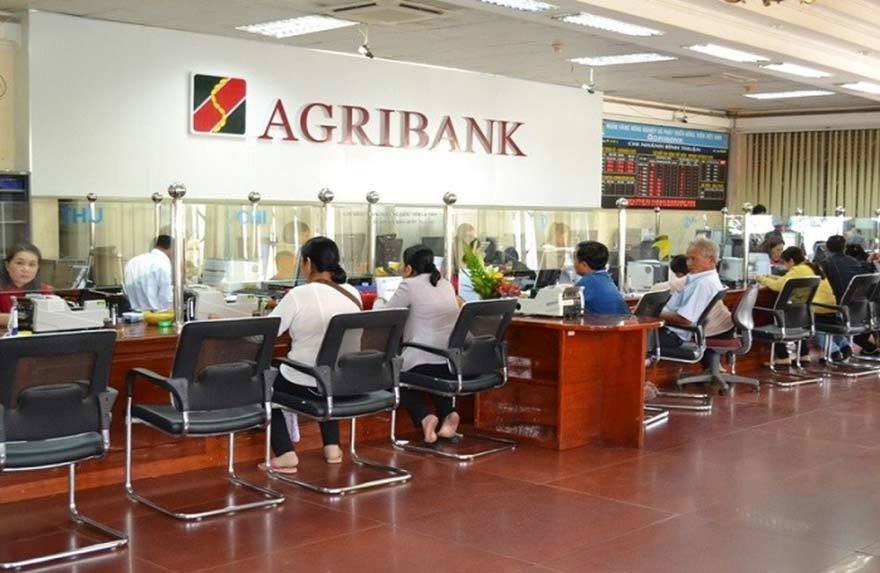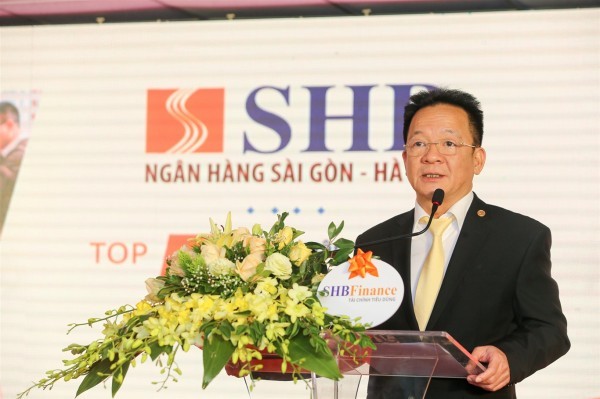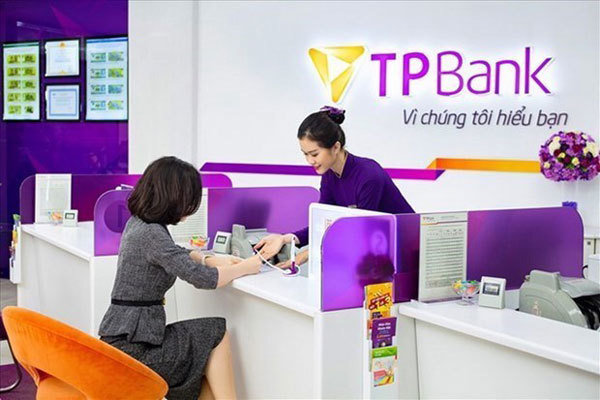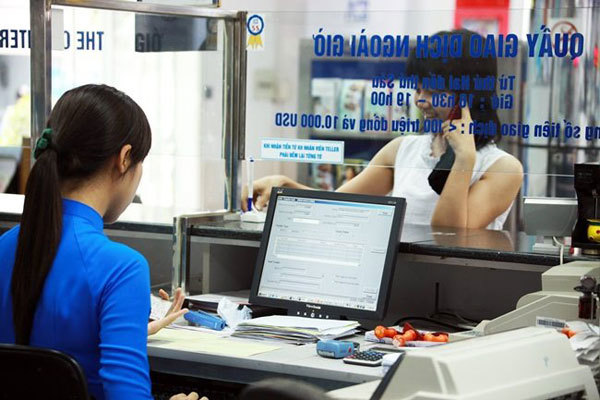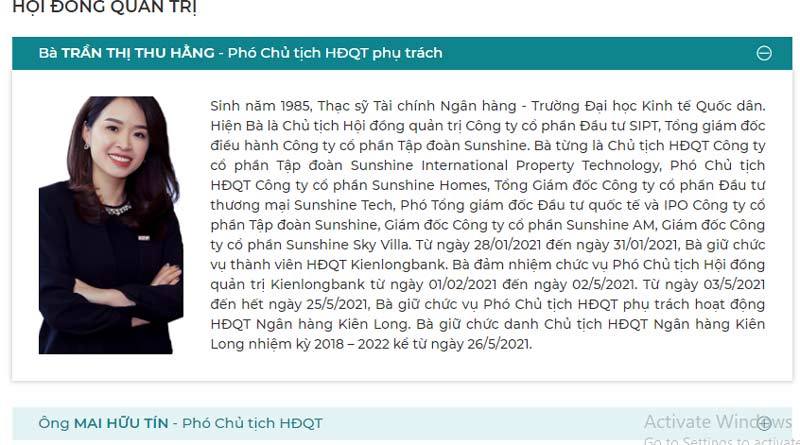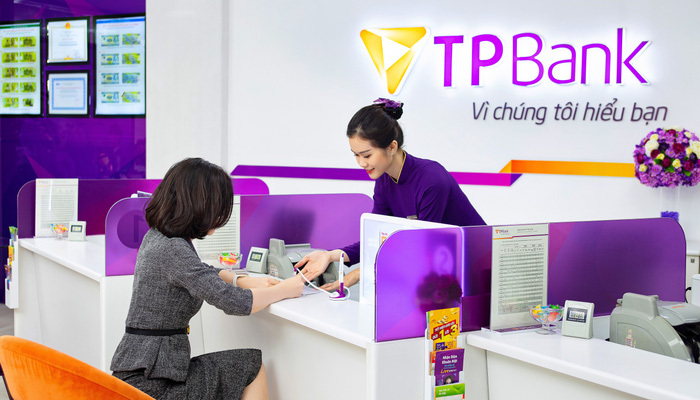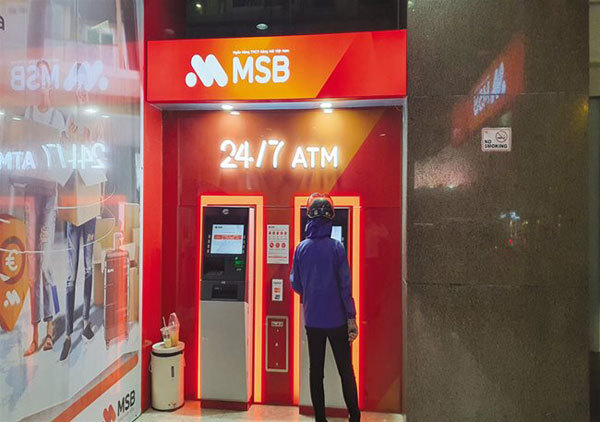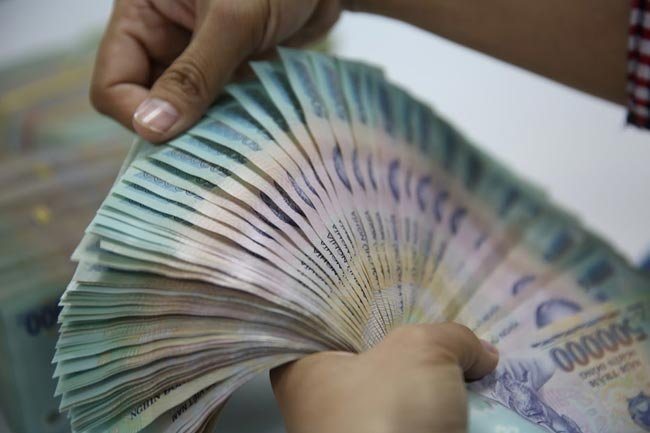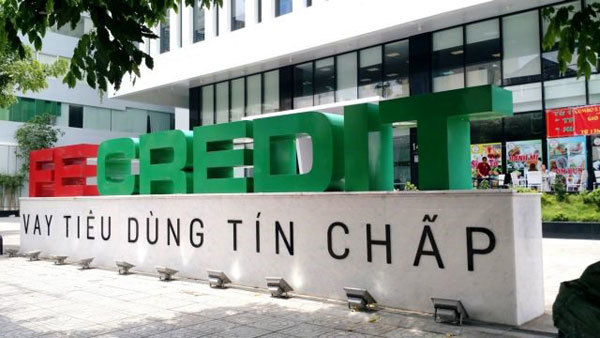- © Copyright of Vietnamnet Global.
- Tel: 024 3772 7988 Fax: (024) 37722734
- Email: [email protected]
vietnamese banks
Update news vietnamese banks
Banks lending big to keep agriculture sector ticking
According to the State Bank of Vietnam’s department of credit for economic sectors, as of April credit injected into rural and agricultural development had reached VND2.3 quadrillion ($100 billion), or 24.6% of the banking sector’s total loans.
Banks make huge profits, hope interest rate reductions are far off
Banks have reported huge profits for Q2 and H1 due to high credit growth rates and lending interest rates, while capital mobilization cost has been low.
Vietnamese banks remain attractive to foreign investors
Vietnamese banks are still attractive to foreign investors thanks to the country’s economy and strong resilience to unprecedented difficulties and challenges caused by the COVID-19 pandemic.
VN banks prepare for transformation
The Vietnam Bank for Agriculture and Rural Development (Agribank) is the only bank of the "big 4" State-owned banks in Vietnam that has not been equitized.
Foreign investors eye VN banking stocks
The stock market of Vietnam is bustling with banking and securities stocks as the backbone, as the potential of banking stocks is attracting the attention of foreign investors.
70% of VN adults use banking services but many lack access to credit
According to the State Bank of Vietnam, by 2020, 70% of adults in Vietnam had a bank account, but nearly half of them did not have access to credit.
Moody's affirms credit ratings for four Vietnamese banks
Credit rating agency Moody's on May 26 affirmed its long-term domestic and foreign currency deposit and issuer ratings of four Vietnamese banks.
Is interbank rate climb worrisome?
Interest rates are the most important focus of attention this year as many believe after a year implementing the loose monetary policy, the authorities concerned are going to tighten them.
Morgan Stanley adds names of Vietnamese banks to Frontier Market Index
Many Vietnamese banks have made breakthroughs in recent times and have attracted the attention of leading financial institutions in the world.
More local banks have young leaders
Ms. Tran Thi Thu Hang, CEO of Sunshine Group, has become the youngest leader in Vietnam’s banking industry after being appointed chairwoman of KienLongBank.
Local banks target high profits
During the “season” of shareholders’ meetings, Vietnamese banks are confident about their plans to increase profits by several trillion dong in 2021. Several banks have set a record growth target of up to 30%-50%.
Three companies dominate consumer lending market in Vietnam
Three companies are dominating the consumer lending market in Vietnam, with FE Credit, HD Saison and Home Credit firmly on top.
Bad debts of 20 banks up 4.5% in 2020
The non-performing loans (NPLs) of 20 local banks at the end of 2020 rose by 4.5 per cent year-on-year to VND83.4 trillion (US$3.58 billion), according to the banks’ latest financial statements.
Amid favorable conditions, bank listings on the rise
In the context of favorable conditions on the stock market which saw the indices rising sharply over the past eight months, getting listed at the moment will give banks better valuation and make it easier for them to attract greater cash flows,
Financial institutions begin public trading
Vietnamese banks are enthusiastically filing for initial public offering or re-listing, in which they dream about tapping into broader scope of funds.
Commercial banks rush to list on stock exchanges
Commercial banks have been rushing to list shares on the stock exchange, not only because of the D-day but also because the wave of king stocks has returned.
Banks to lead market growth in 2021: experts
The banking sector is still worth an investment in 2021 on expectations the Vietnamese economy and business community will recover as the pandemic is under control, experts have said.
Once-leading bank still struggling because of internal conflicts
The fight for power at Eximbank has not come to an end and the 10-year bottleneck still cannot be solved. Once again, the bank has convened a meeting of the general shareholders assembly.
Banks raise foreign ownership ratio to improve financial strength
Vietnamese banks have been increasing their foreign ownership ratios to attract investment and improve financial strength.
Banks need to be cautious of bad debts
The financial statements of the third quarter of this year of commercial banks showed that more than two-thirds of banks posted fairly high growth in their profits amid the context that the economy was still facing the Covid-19 pandemic.
